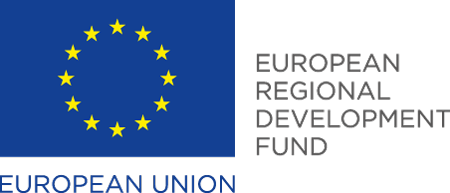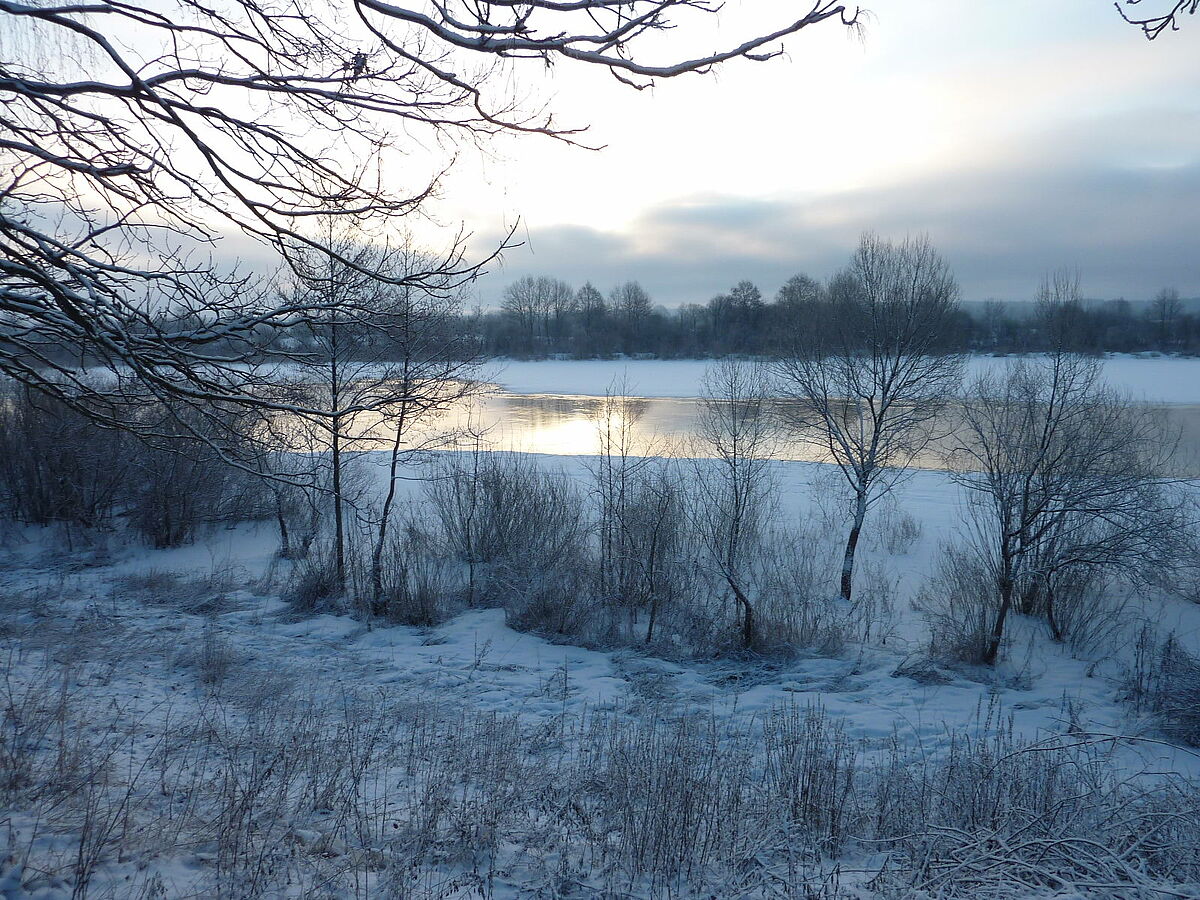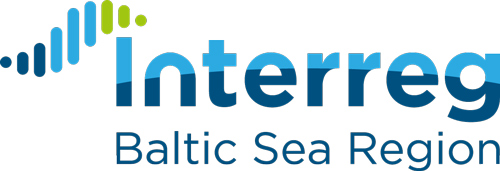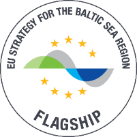DESIRE
Paludiculture for nutrient retention





Kontakt: Jürgen Kreyling
The project „DESIRE“, supported by Interreg Baltic Sea Region Programme 2014-2020, started in January 2019. It comprises a mixed approach of drafting policy recommendations, generating new knowledge via modelling, and using pilot sites to demonstrate peatland rewetting and implementation of paludiculture. The project aims to increase the capacity of policymakers and other decisionmakers to adopt policies that incentivise peatland management for nutrient retention via enhanced institutionalized knowledge and competence and more efficient use of human and technical resources. DESIRE focuses on numerous disturbed peatlands in the Neman catchment and will exemplarily restore some of them to act as wetland buffer zones (WBZ). The ability of rewetted peatlands to catch nutrients will be enhanced with innovative land use practices, i.e. harvesting of nutrient-rich biomass from rewetted peatlands. Specific policy instruments like river basin management plans and agri-environmental schemes will be analysed and adapted or newly developed within the project to provide instruments and incentives for stakeholders. Economic evaluation of the pilot projects will showcase cost-effectiveness of the proposed ecosystem-based measures in comparison to other, more technical installations for nutrient filtering and retention. The project is led by Greifswald University, Institute for botany and landscape ecology, chair of Experimental Plant Ecology. Also the chair of landscape economy is involved in the project. The project management is supported by the Michael Succow Foundation (Greifswald). Partners in Poland (Warsaw University of Life Sciences/SGGW, Polish society for the protection of birds/OTOP, Bialystok Technical University), Lithuania (Vytautas Magnus University, Lithuanian Fund for Nature), and Russia/Kaliningrad oblast (Ministry for Natural Resources and Ecology of Kaliningrad Region, Natural Heritage NGO) are cooperating. Further institutions in Germany, Lithuania, Poland, Kaliningrad and Belarus act as associated organisations.
